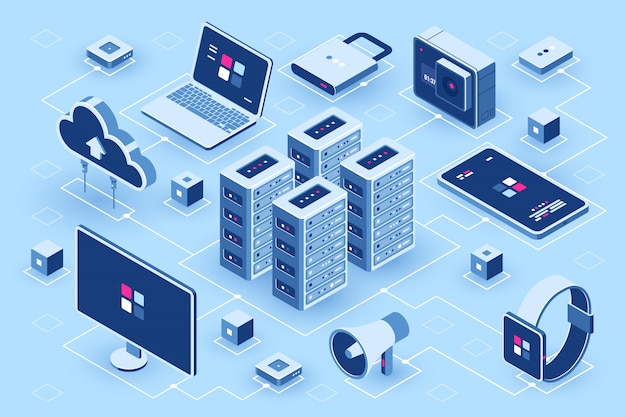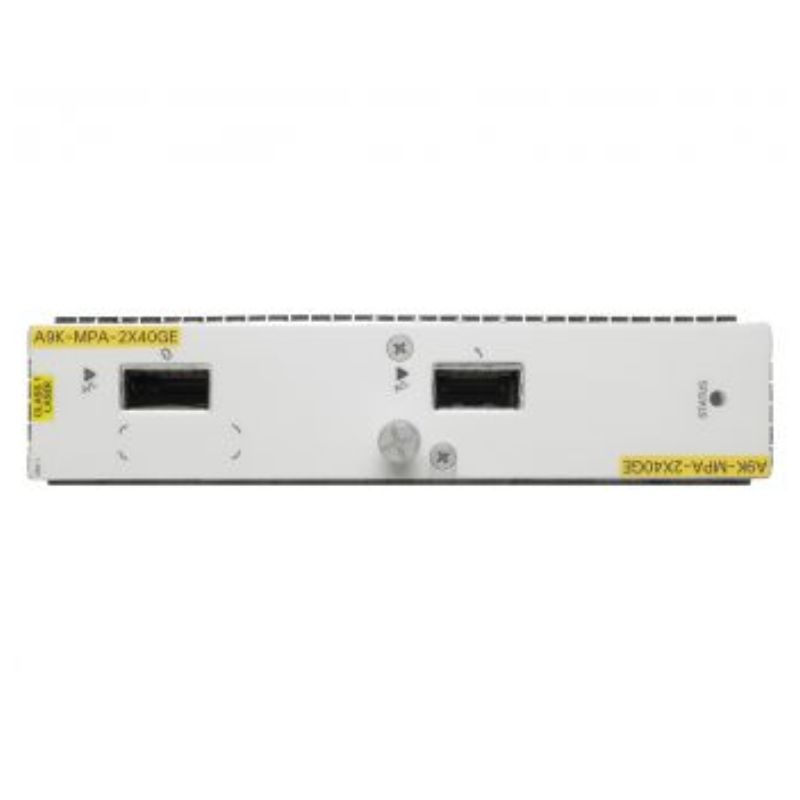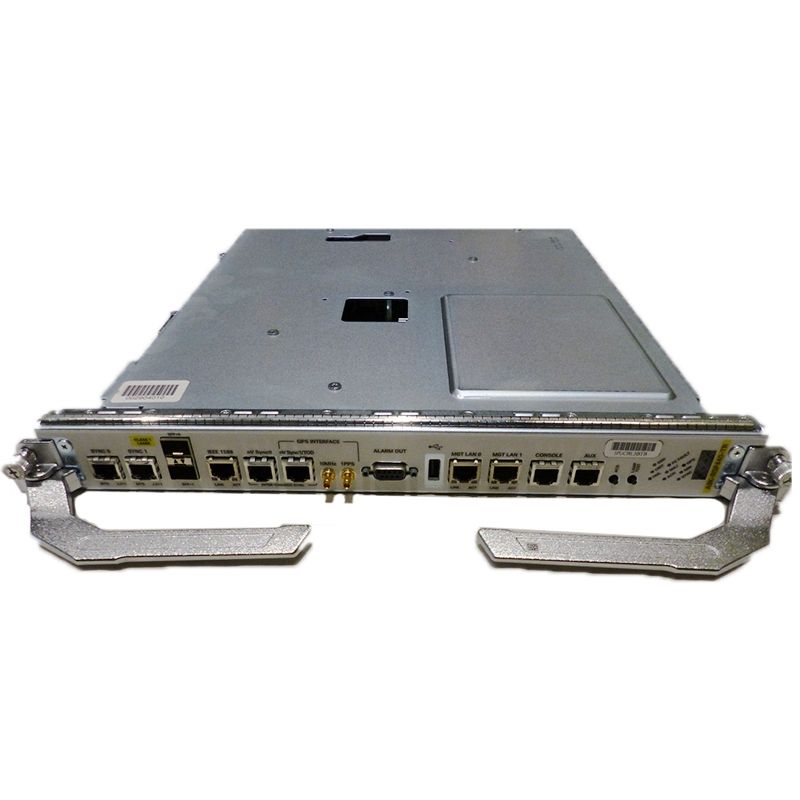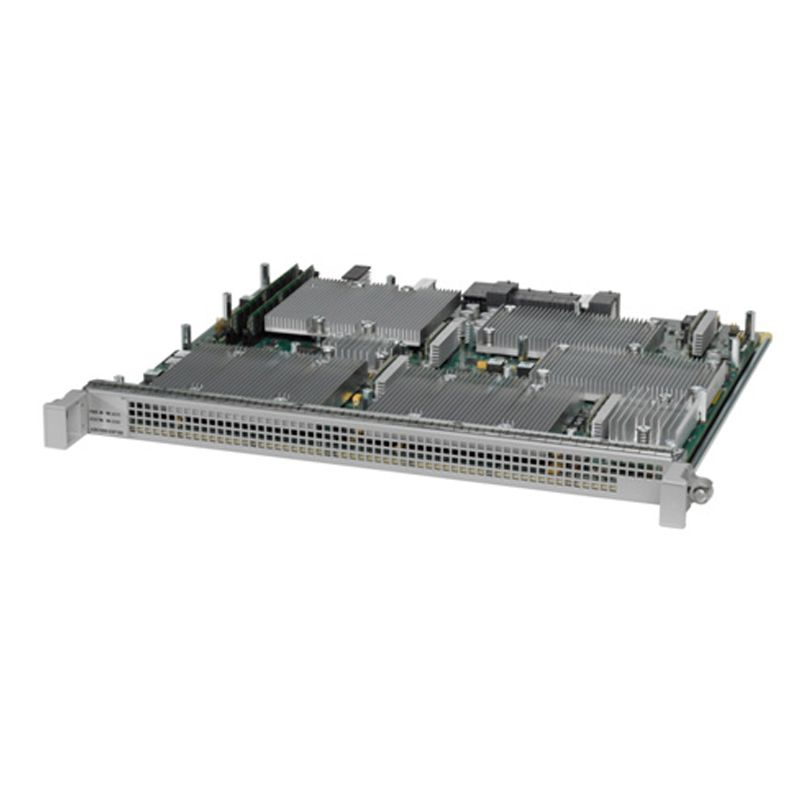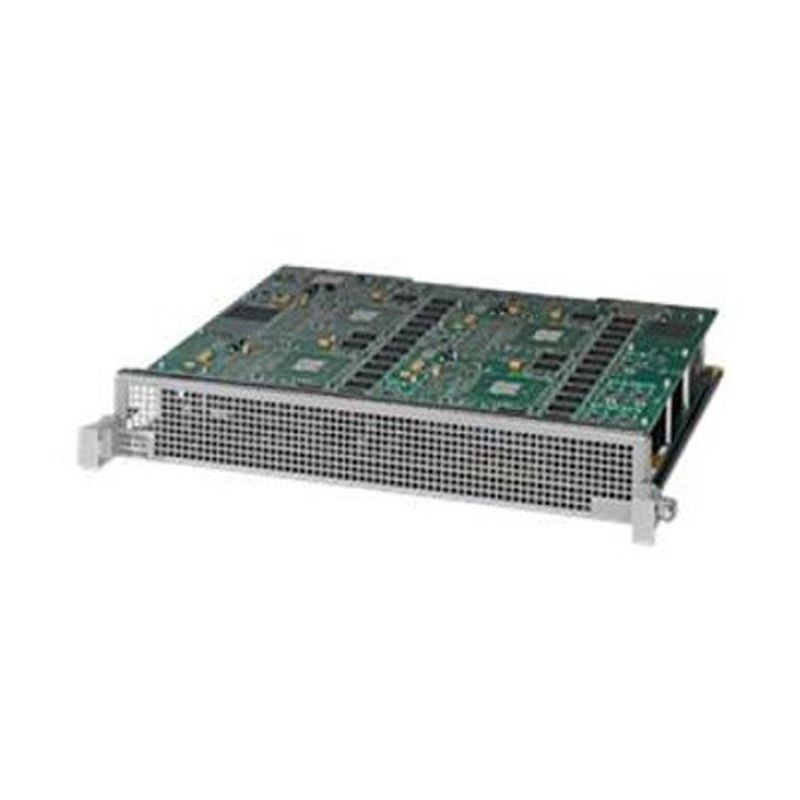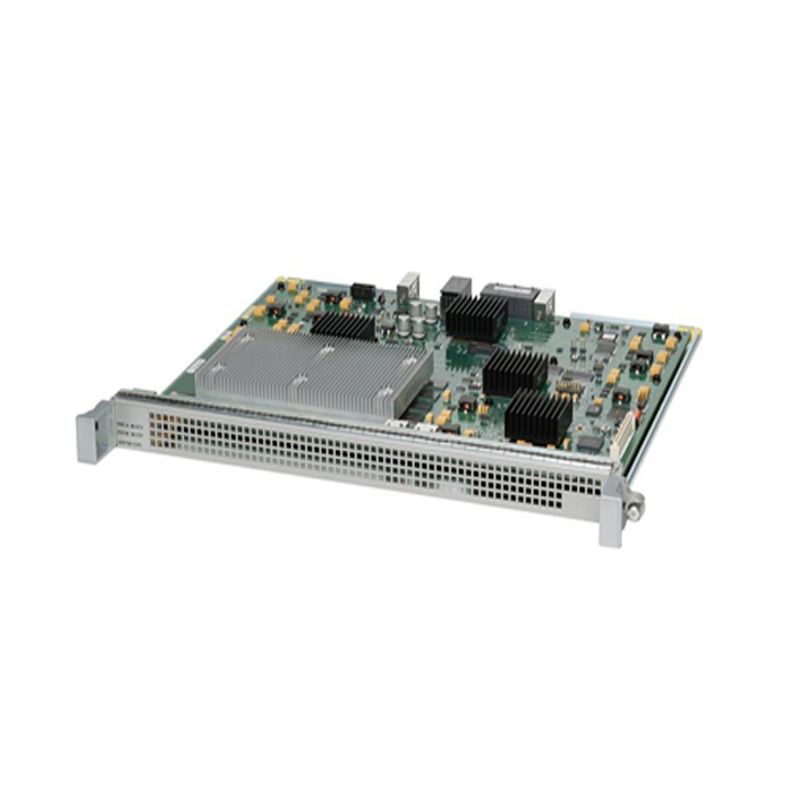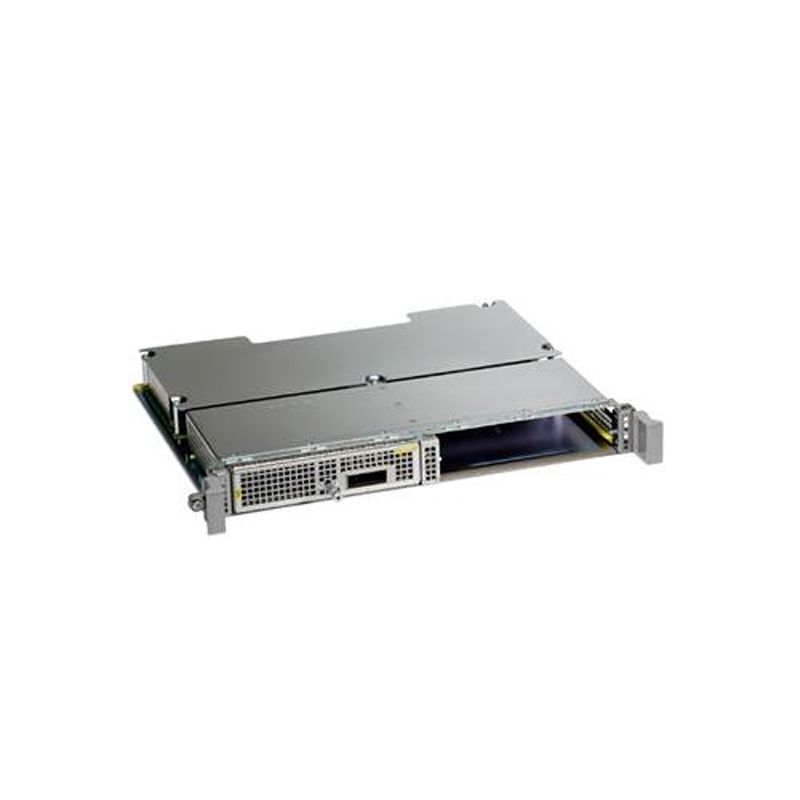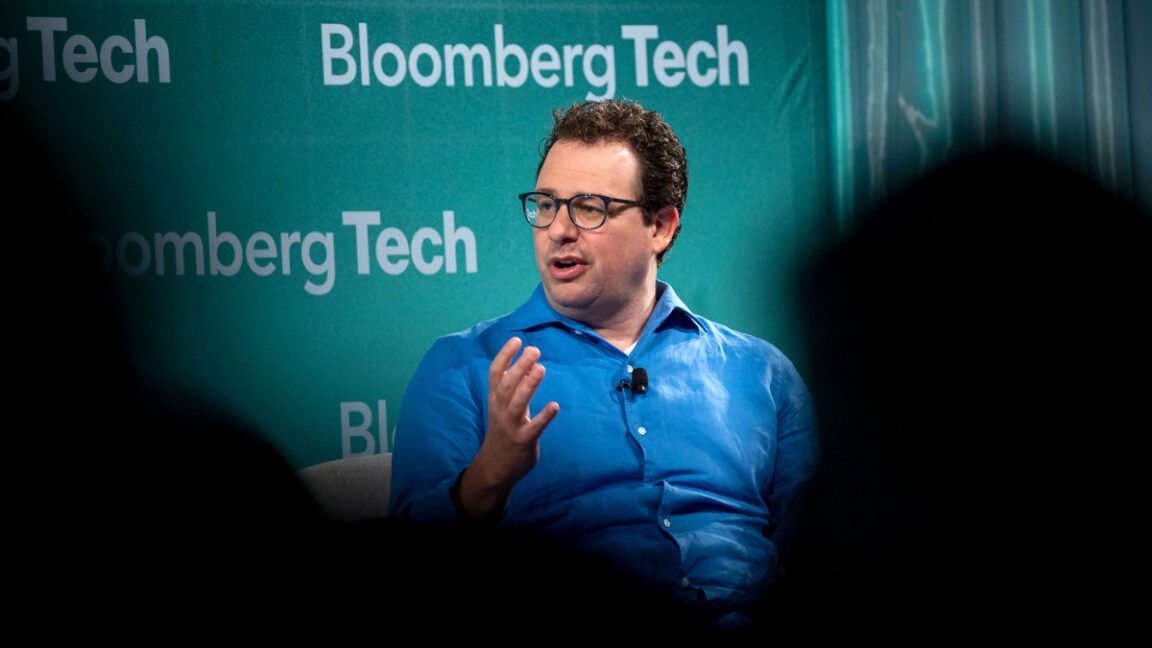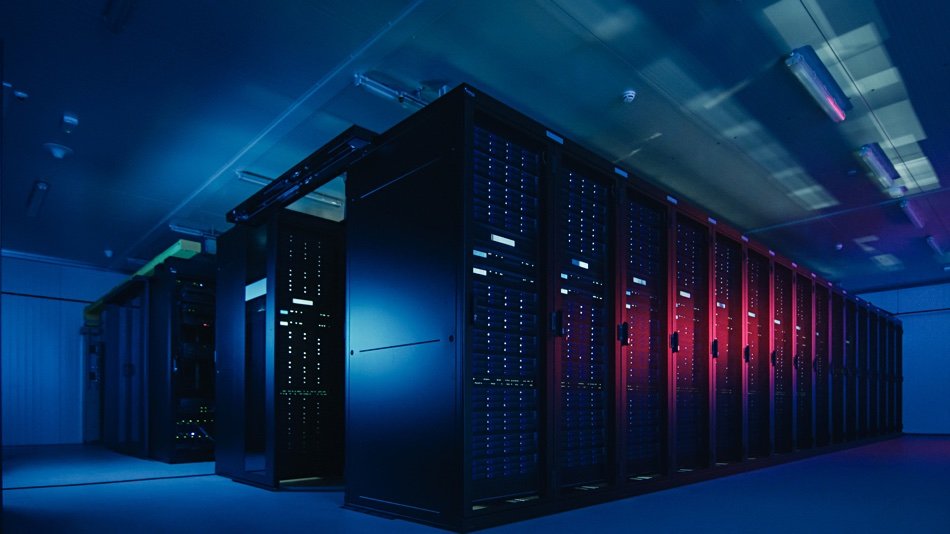Bitcoin Miners Could Play Key Role in Supporting AI Data Centers Amid Power Crunch
In an era where artificial intelligence (AI) is gaining momentum, the convergence of AI demands and energy resources presents both challenges and opportunities. A recent report highlights a potential synergy between Bitcoin miners and AI data centers, suggesting that the former may play a crucial role in supporting the latter, particularly amid an ongoing power crunch.
The Challenge of Energy Demand
With the rapid advancement in AI technologies, data centers are experiencing a dramatic increase in energy consumption. From training massive neural networks to processing vast datasets, the energy needed to power AI operations is surging. As industries and organizations compete to harness the benefits of AI, the strain on conventional power grids is becoming increasingly pronounced.
During periods of high demand, traditional energy sources often struggle to meet the needs of both residential consumers and commercial entities. This imbalance has led to heightened interest in more flexible, adaptable energy solutions.
Bitcoin Mining as a Flexible Energy Consumer
Bitcoin mining, a process that involves solving complex mathematical problems to validate transactions on the Bitcoin network, requires substantial energy. However, one of the key characteristics of Bitcoin mining operations is their ability to adjust their energy consumption patterns. Unlike many traditional industries, miners can ramp their activity up or down based on energy availability and pricing.
This flexibility opens the door for collaboration with energy providers. In times of power surplus, Bitcoin miners can act as a buffer, absorbing excess energy that might otherwise be wasted. Conversely, during peak energy demand, these operations can reduce their consumption, alleviating stress on the grid.
Supporting AI Data Centers
As AI data centers expand, the need for reliable, continuous power will become even more pressing. Bitcoin miners, with their adaptability, could provide a solution. By aligning their operations with the energy needs of AI data centers, Bitcoin miners can help ensure that data centers remain operational during periods of high demand.
For instance, during off-peak hours or when renewable energy sources produce excess power (such as during sunny or windy conditions), Bitcoin miners can ramp up their operations, effectively utilizing surplus energy while providing a form of economic support for energy producers. In this way, both sectors can form a symbiotic relationship, where Bitcoin mining aids in stabilizing energy supply while enjoying lower energy costs.
Investment Opportunities and Challenges
For energy providers, the partnership with Bitcoin miners and AI data centers could present new revenue streams and optimize resource allocation. However, both sectors must navigate the regulatory environment, transitioning to greener mining practices and addressing concerns around the carbon footprint associated with Bitcoin mining.
Investment in renewable energy sources to power both operations can make this partnership even more sustainable. Initiatives such as establishing wind or solar farms could provide a dual benefit: powering both Bitcoin mining and AI operations while addressing environmental concerns associated with fossil fuels.
Future Outlook
As energy demands evolve with the rapid growth of AI, the adaptability of Bitcoin miners may provide a necessary counterbalance to ensure stable and efficient energy consumption. The relationship between Bitcoin mining, AI data centers, and energy management reflects a broader trend toward integrating modern technology with sustainable energy practices.
Collaborations between these sectors can lead to innovative solutions that could not only reduce the environmental impact but also harness the full potential of AI technologies. By leveraging the unique advantages of Bitcoin mining, energy providers, data center operators, and miners could enhance efficiency and sustainability in a resource-conscious future.
Conclusion
The potential of Bitcoin miners to support AI data centers amid a global power crunch underscores the need for flexibility in energy consumption and production. As industries evolve, seeking collaboration rather than competition may pave the way for creating a balanced energy ecosystem that supports technological advancement while addressing pressing environmental concerns.








